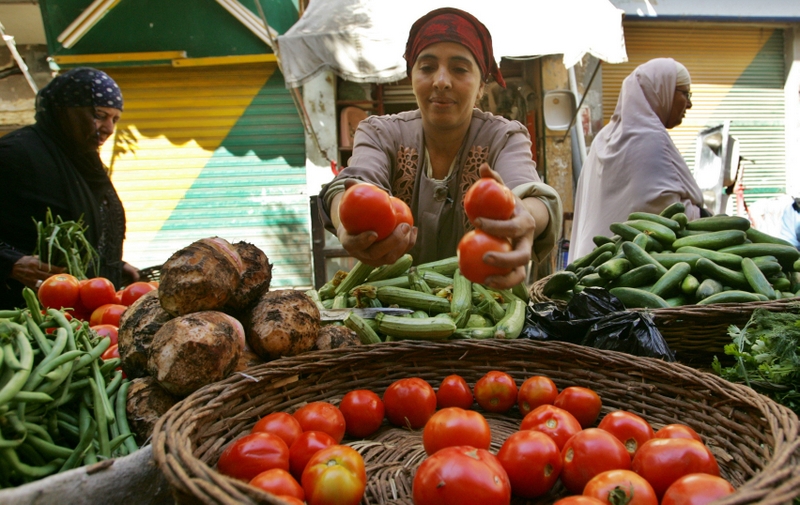CAIRO: Saudi billionaire Prince Alwaleed bin Talal said Wednesday he had submitted a settlement plan over tens of thousands of acres of agricultural land that critics contend were bought at cut-rate prices in another example of the cronyism rampant under the previous regime.
Alwaleed, who heads investment firm Kingdom Holding Co. and is a major Citigroup stakeholder, has repeatedly come under fire in Egypt over the more than 100,000 acres of land he was awarded in southern Egypt as part of a government mega project launched in the late 1990s to transform the desert area into a new agricultural region.
The Toshka project— an ambitious expensive scheme to divert Nile water at the southern tip of Egypt to create a second Nile Valley — has cost billions and barely gotten off the ground.
Egyptian media have reported that Alwaleed agreed to cede some or all of the land to the government amid increased scrutiny over land deals awarded under the regime of ousted President Hosni Mubarak.
But the Saudi tycoon, whose investment firm holds major stakes in various Western blue chip companies like Apple Inc. and News Corp., denied that he had relinquished his rights to the land. In a statement, he said that in a gesture of "good will" he had submitted various settlement options to the public prosecutor.
"Kingdom Holding Co. has not given up Toshka land and still owns the 100,000 feddans (acres) plot, which is not sequestered by anyone," the statement said. The company has offered a settlement plan to Egypt’s prosecution general, "keeping in mind that the holding company will not offer any concessions that would harm either parties."
Under the first option, he said he would return the land "in exchange for what was spent over the past years" including investments, equipment and salaries and social insurance payments for the 1,200 workers involved in the project.
Under a second option, he would relinquish 50,000 feddans at a price of LE 50 per feddan, the same as what he paid for the purchase. A third option would be to float the company running the project as a publicly traded firm and to give Egyptian investors "a chance to participate in the project."
Critics have argued that the Saudi billionaire was sold the land at cut-rate prices and has failed to honor the terms of the contract that was signed in 1998. Under the deal, Alwaleed was to have developed half the land within a few years, but critics say that only a fraction it has been developed.
The project is just one of several land deals that have come under increased scrutiny since Mubarak’s ouster in February.
Many Egyptians contend the former president and officials routinely abused their power, offering sweetheart deals to relatives, associates or close supporters.
Many of the former officials, including the prime minister, the interior minister and two housing ministers, are being investigated on such charges and the claims have threatened to undercut investor confidence in some key Egyptian companies seen as linked to the former ministers.
Mubarak, himself, as well as his two sons, were detained on Wednesday pending investigations on accusations of corruption, abuse of power and killings of protesters.
